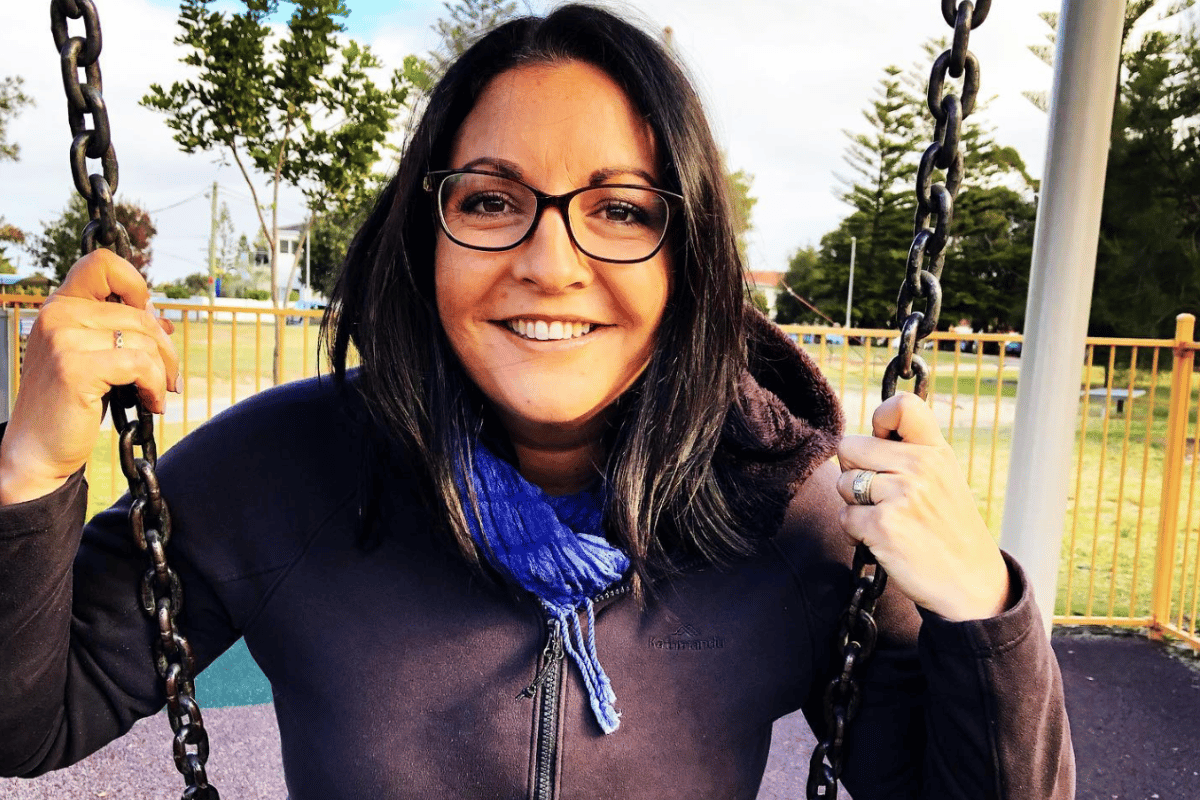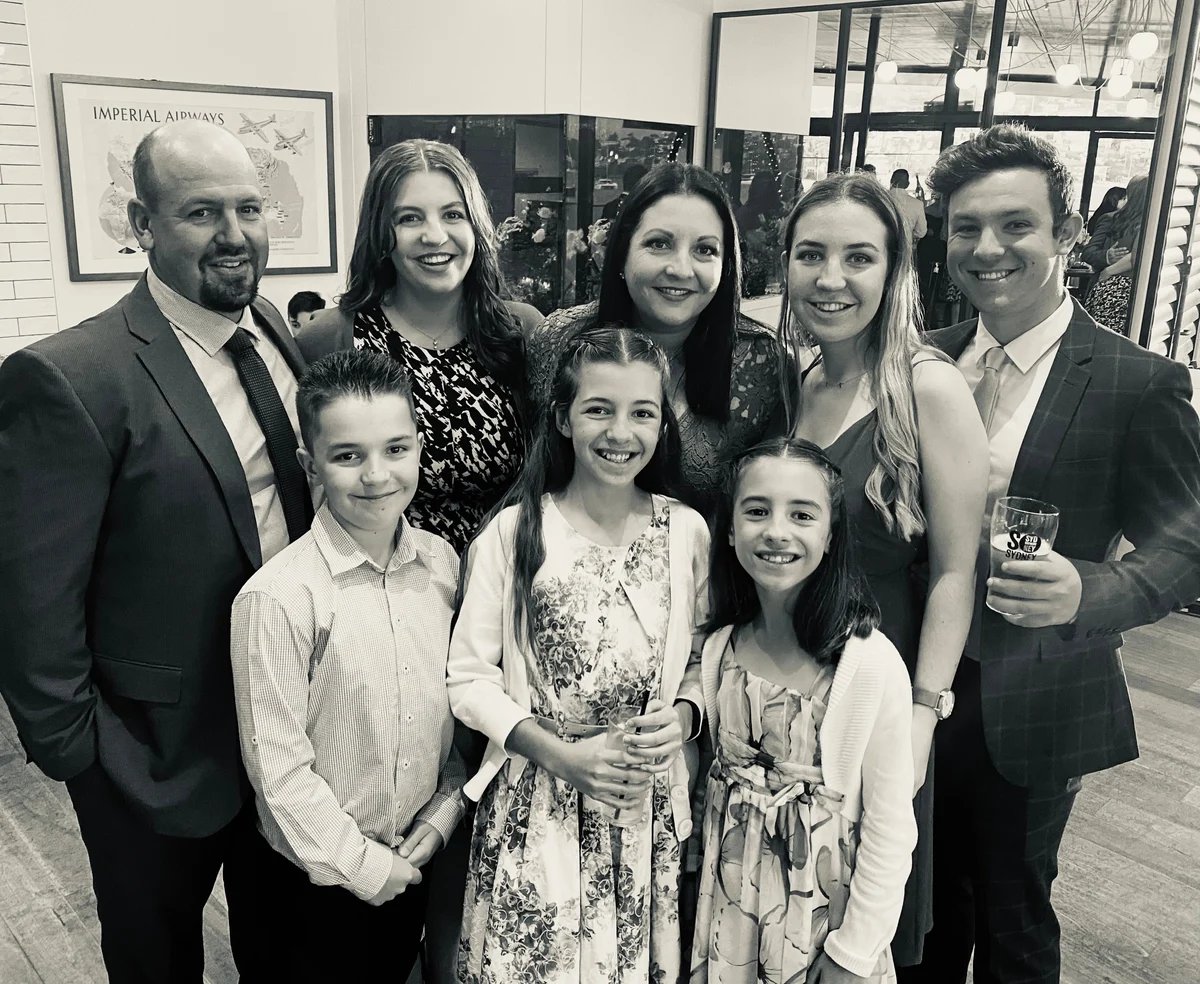
Content warning: This story deals with suicide could be triggering for some readers.
Kate Seselja vividly remembers the first time she played pokies. She was 18 years old and at a local club that had countless numbers of poker machines.
"At this time in the late '90s, NSW had rapidly become the pokies capital of Australia. It was something we would do socially with friends. But once it came on my radar, and I started using them and it quickly got out of hand," Kate tells Mamamia.
Over the next few decades, Kate's gambling addiction ebbed and flowed.
She managed to keep it a secret from her husband and family for some years, before it quickly became apparent to all how overwhelming the addiction had become. One day, while pregnant with her second child and at a mother's group in a recreational club, she heard it - the familiar sounds of the poker machines. It was a siren's call.
By 2012, Kate had put $500,000 through the poker machines. All that money was through credit cards and the mortgage, meaning her family was essentially half a million dollars in debt.
It left Kate feeling suicidal. She says if it wasn't for the fact she was pregnant at the time, she would have taken her own life.
Watch: why gambling and kids don't mix. Post continues below.

